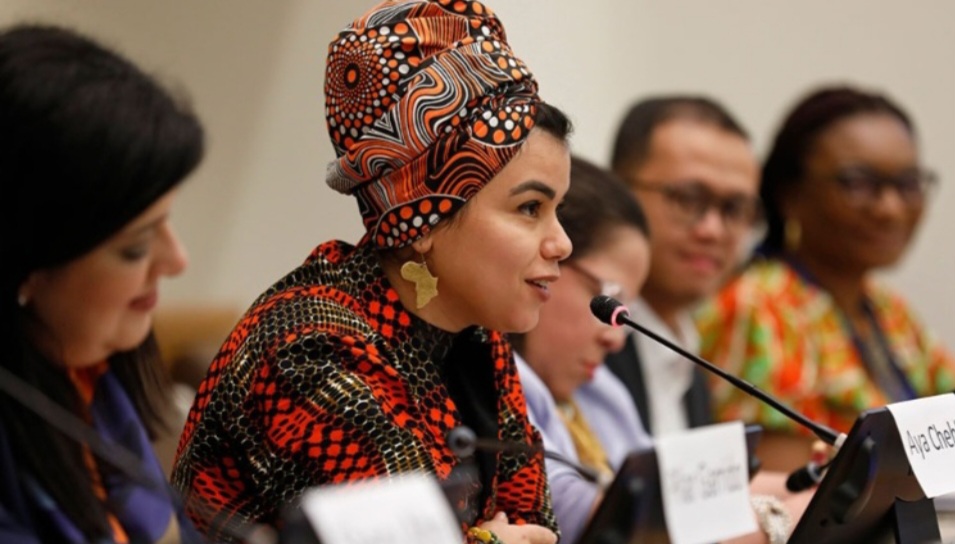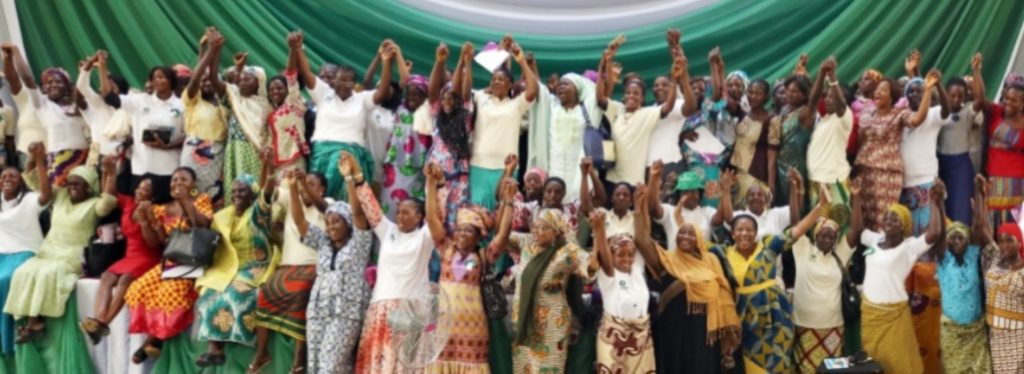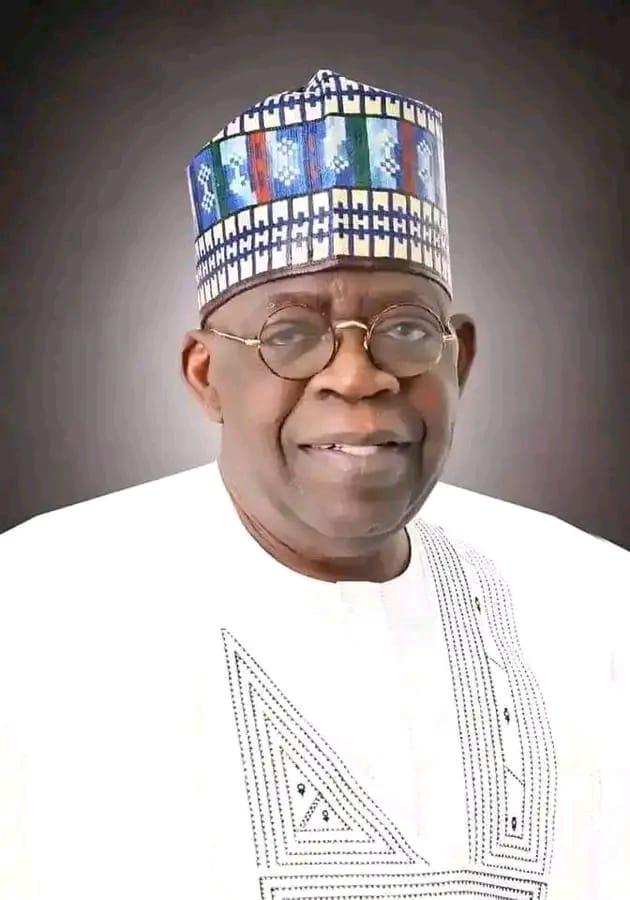
During the 68th session of the Commission on the Status of Women (CSW68), Nigeria’s Minister of Women Affairs UJU KENNEDY-OHANENYE, delivered a persuasive speech that detailed her country’s actions to fortify institutions and improve financing for attaining gender equality while empowering women and girls.
The minister started by thanking the chairperson and quickly emphasized Nigeria’s unwavering determination to augment the status quo for women through an array of interventions.
The minister UJU KENNEDY-OHANENYE talked about a major effort centred on creating a Woman Advancement Blueprint, designed with the objective of transforming attitudes towards women’s empowerment and hastening the achievement of the ministry’s objectives.
This roadmap is an essential strategic tool for directing policies and measures supporting gender equality.
Nigeria has implemented numerous initiatives to empower female entrepreneurs, focusing on economic growth.
Specifically, the initiative involves procuring machines and equipment, including garri processing machinery, fish dryers, rice milling machines, and sewing gear, that aim to enhance women’s income potential while reducing taxing labour loads, thus promoting health and recreational activities among them.
Moreover, Nigeria’s successful commissioning of pink riders offers unprecedented opportunities for transportation across the country, thereby providing avenues for sustainable earnings generation.
Nigeria places significant emphasis on community involvement in agriculture to boost women’s economic prospects, enhance their food security, and foster rural stability. By prioritizing these initiatives, Nigeria is empowering its female population and promoting social harmony within local communities.


Moreover, Nigeria has enforced social protection measures to aid susceptible female communities. Under the Conditional Cash Transfer initiative, households that fall into particular societal classifications, such as those headed by women or impacted by HIV/AIDS or fistula and elderly individuals with physical disabilities, are catered for.
Furthermore, expecting mothers and children below five years old have access to health waivers and national community-based healthcare insurance plans, guaranteeing crucial medical services’ availability for females and their loved ones.
Nigeria has demonstrated its dedication to reducing gender disparities and utilizing the potential of women as catalysts for national progress by implementing effective coordination mechanisms, along with policies promoting economic empowerment and gender equality.
WPHF is supporting women in Nigeria to contribute to lasting peace by financing a range of local CSO projects that aim to end sexual and gender-based violence, protect women’s rights and respond to COVID-19 in settings of conflict and crises.
Nigeria has achieved remarkable progress in promoting financial inclusion by extending the formal banking system and loan schemes to destitute women. Nowadays, many females run bank accounts and carry out point-of-sale trades, participating actively in the official economy.
This helps them tap into financial resources for entrepreneurial activities and propels their economic growth and empowerment.
UJU KENNEDY-OHANENYE also highlighted the Subsidy Empowerment Scheme launched by the president’s administration as an initiative aimed at mitigating inflationary effects on citizens, particularly women and youth.
This proactive measure highlights Nigeria’s commitment to tackling economic challenges while promoting inclusive growth and development.
Sadly, because of time constraints, the honourable minister couldn’t finish her address.
To sum up, the Minister of Women Affairs in Nigeria delivered a speech at CSW68 that focused positively on the country’s unwavering dedication to promoting gender equality and empowering women and girls.
As the famous Giant of Africa, it is important that Nigeria spearheads efforts such as this as it means a better future for women not just in Nigeria but in other African countries, which will expectedly follow suit.
By implementing strategic measures across diverse industries, Nigeria strives to establish an advantageous setting where females can prosper economically, socially, and politically while ultimately enhancing overall progress and prosperity for the nation.
Written by Dr Florence Akano


